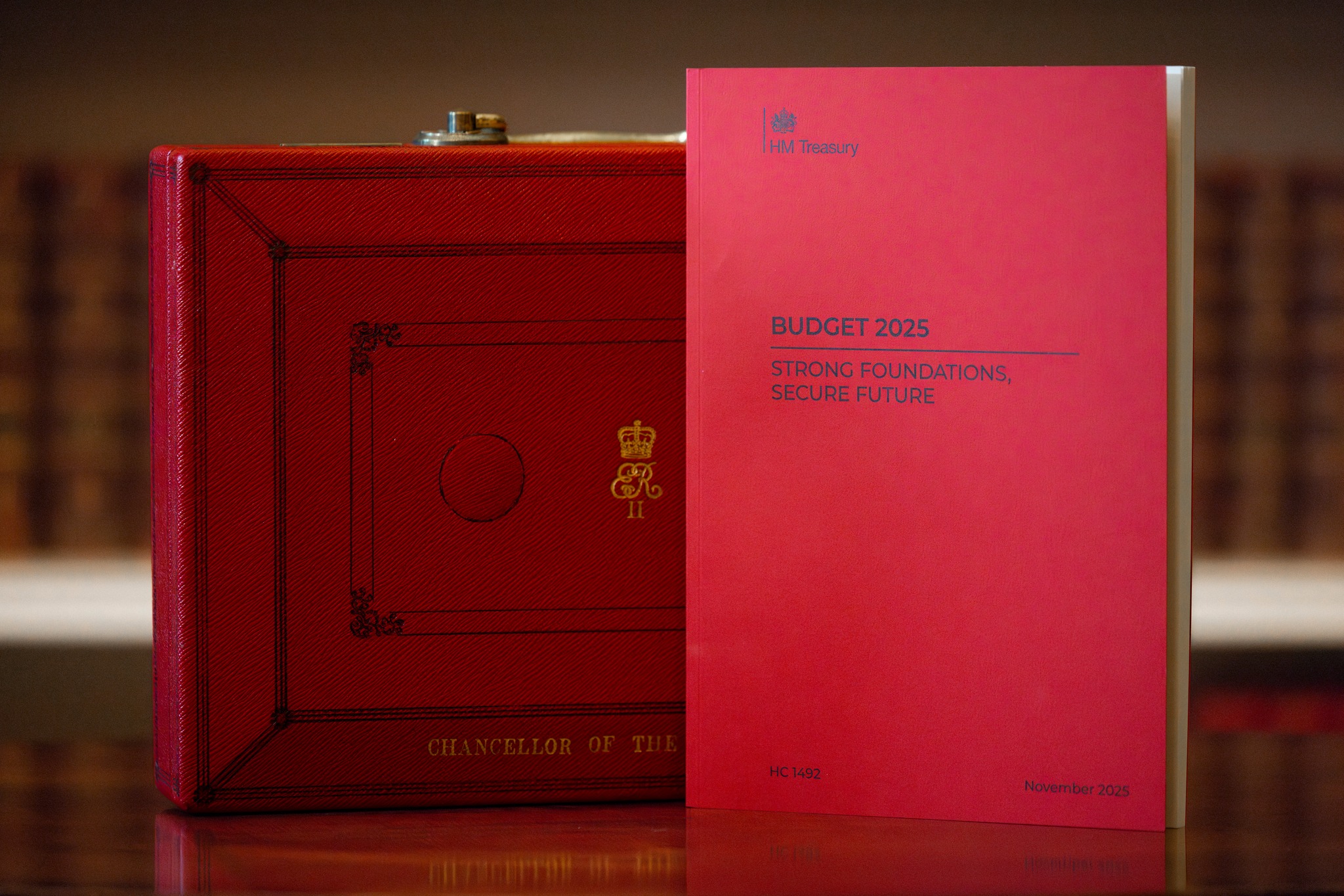The current state of the UK's Industrial Strategy

The UK’s modern Industrial Strategy was launched by the government in 2017, with a long-term plan to boost productivity and position the UK at the forefront of future global industries.
The UK’s modern Industrial Strategy was launched by the government in 2017, with a long-term plan to boost productivity and position the UK at the forefront of future global industries.
Former Prime Minister, Theresa May, insisted that the strategy was to “lead the world in the fourth industrial revolution”, whilst ensuring that “every part of our country powers that success”.
The government published its “story so far” of the Industrial Strategy back in December 2018, outlining the progress it has made thus far in supporting business, research and training nationwide, as well as the much-needed sector deals to help create thousands of highly-skilled jobs.
A snapshot of the nationwide support for business and research
Aberdeenshire
The Department for International Trade, Scottish Enterprise, and Scottish Development International has worked with Bio Technics Ltd to help them reach their global expansion goals quicker, exporting their innovative hygiene solutions to 17 markets worldwide.
Cornwall
Lynher Dairies Cheese Company has sought support from the Better Business for All programme to pass food inspections by U.S. regulators. This has allowed the West Cornwall brand to export its handmade cheese to the American market.
Norwich
The Industrial Strategy Challenge Fund has provided urgent project funding to the THURN Group, which creates robot submarines that allow engineers to spot hazards that could threaten infrastructure, pipelines and ships around the Arctic.
West Midlands
A Local Digital Skills Partnership has been unveiled, bringing together West Midlands businesses, local authorities and educational institutes to improve digital skills and opportunities, underpinning the growth of the local economy.
The Grand Challenges facing the UK
Although the Industrial Strategy has overseen six key finance deals across a range of sectors, three deals on the brink of being finalised following negotiation and an additional three new deals currently in negotiation, the government acknowledges there are four “Grand Challenges” for the UK to overcome:
AI and Data
The UK is seeking to build the best environment for developing and deploying AI and data technologies as a force for good in society. Its first key goal is to utilise AI and data to transform the prevention, early diagnosis and treatment of chronic diseases by 2030.
An Ageing Society
The UK recognises that people are living longer, with one-in-three children born today likely to live to the age of 100. The government aims to harness the technologies, products and services that will usher in a new wave of businesses to thrive and support the older generation.
The Future of Mobility
The third Grand Challenge for the UK is to become a world leader in the way goods, people and services move. Innovation in technology and engineering is radically transforming road and rail transport infrastructures. The government is also keen to be at the forefront of manufacturing zero-emission cars and vans by 2040.
Clean Growth
The UK is already a leader in key low carbon sectors, including offshore wind, electric vehicles and services such as green finance. The Clean Growth Grand Challenge aims to position the UK as a global leader in the development, manufacture and use of low-carbon technologies and services to tackle climate change. The government aims to utilise new technologies and 21st century construction practices to halve the energy use of new buildings by 2030.
With the UK’s total investment in research and development (R&D) across all sectors equating to 1.7% of GDP in 2016, its ambitious Industrial Strategy depends largely on increasing national investment in R&D to 2.4% of GDP by 2027.
FAQs

Can we help your business?
Book a free consultation with our expert R&D funding advisors today. We specialise in helping innovative businesses like yours unlock millions in government funding, specifically allocated to fuel your innovation. Let us help your business access the support it deserves.









.svg)


